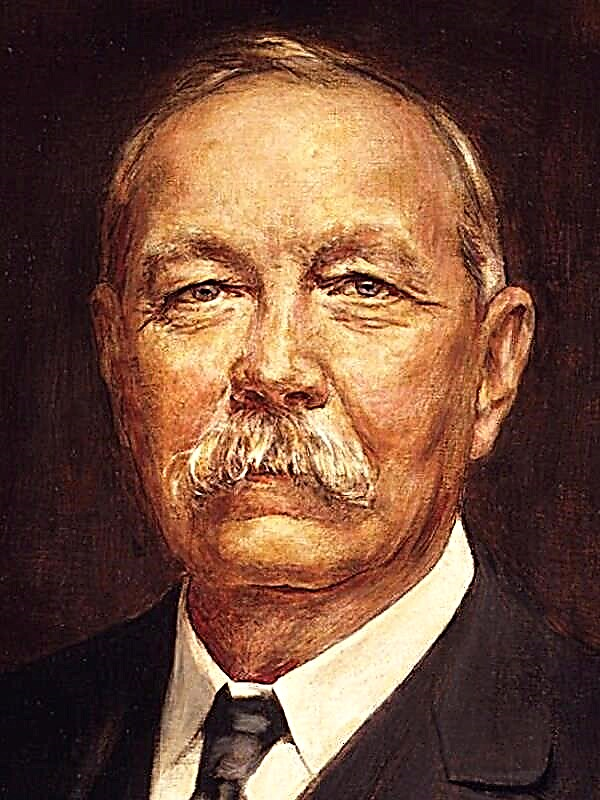Captain von Schlett tries on a new uniform commissioned at the studio of a military tailor, Jew Adolf Wormser, in Potsdam. This is a very famous atelier of the century atelier, Wormser - the royal court supplier.
Despite the assurances of the cutter Wabshke that the uniform sits on the captain like a glove, von Schlett feels some kind of inconvenience with his “skin”, something elusively “irregular”. Examining himself from all sides in the mirror, he notices that the buttons on the back of the buttocks are wider than the norm. With the help of a centimeter, Wormser himself makes the necessary measurements and recognizes that the buttons are sewn half a centimeter wider than the statutory norms. The captain pulls the cutter laughing at such trifles, explaining to him that the soldier is checked on trifles, this is the deepest meaning. Wormser supports von Schlettow - Germany can conquer the world by fulfilling combatant rules and honoring the classics. Buttons will be immediately reshaped in accordance with the charter.
Wilhelm Voigt, a former shoemaker, then a felon who spent many years in a jail, tries to find work. They don’t take him anywhere without a passport, and he comes to the police station. Voigt humbly talks about his problems and asks for the documents necessary for employment. The roundabout explains to the stupid visitor who has such a dubious past that he must first become a decent, working person. It seems to Voigt that he, apparently, will have to drag his criminal record with him, "like a nose on his face."
On Sunday morning, after a night spent at the train station, Voigt sits in Berlin's National cafe with his former cellmate named Kalle and drinks coffee for the last penny. Kalle offers him to become a member of the gang of thieves and earn decent money, but Voigg categorically refuses, he still hopes to find honest earnings.
Captain von Schlett plays billiards in a cafe. He is without a uniform, since officers are forbidden to visit places of evil. The captain confesses to his partner, Dr. Jellinek, that he feels like a completely different person in civilian clothes, "a bit of a half serving without mustard." He adheres to the commandment received from the late father-general - the officer rank imposes high responsibility before society. The captain informs the doctor that he ordered himself a new uniform, which looks like the "black stallion that has just been scrubbed."
In a cafe, a drunken guards grenadier inflicts a scandal. Insulted for the honor of his uniform, von Schlett, as captain, requires the grenadier to leave the cafe. He refuses to obey the "lousy shtafirka" - a civilian who calls himself a captain, and hits him in the face. Von Schlett rushes at the grenadier, a fight breaks out, then both are led by a policeman. The sympathy of the gathered crowd is clearly on the side of the grenadier, not civilian. As a witness to this scene, Voigt perfectly understands its meaning.
After a scandal in a public place, von Schlett was forced to resign. He will no longer need a new uniform with impeccably sewn buttons.
The uniform is acquired by Dr. Obermüller, who works in the city government. He was awarded the rank of reserve lieutenant, he must participate in military exercises, which is very important for his civilian career.
The new shoe factory announces the recruitment, and Voigt comes to the recruitment department with excellent advice from the director of the prison, where he sewed boots for the military. Voigt is again denied - he has no passport, no track record, no army spirit. Leaving, Voigt ironically remarks that he did not expect to get into the barracks instead of the factory.
Voigt and Calle spend the night in a rooming house where, in front of their eyes, the police arrest as a deserter a frail kid who escaped from the barracks. Desperate in attempts to start an honest life, Voigt concocts a daring plan - to get into the police station through a window at night, find and burn a folder with his “case”, pick up some “real” passport and flee abroad with him. Kalle is ready to help Voigt, intending to seize the cash register.
They are both caught at the crime scene and again sent to a correctional prison. This time, Voigt spends ten years in it.
There comes the last day of the imprisonment of Voigt. The director of the prison conducts with the prisoners the traditional "lesson of patriotism" - combat exercises with the aim of training the "essence and discipline" of the Prussian army. The director is pleased with Voigt’s brilliant knowledge and is sure that this will surely come in handy for him in later life.
After leaving prison, Voigt lives in her sister's family, which he did not dare to do ten years ago, so as not to cause her any trouble. But now he is fifty-seven years old and no longer has the strength to spend the night where he has to. Hoprecht’s husband serves in the army and hopes he will be promoted to vice sergeant major. Hoprecht refuses to help Voigt expedite the receipt of a passport, everything should go in order, legally and without violations. He is confident both in his long-awaited promotion and in the organization of Voigt’s affairs, “for which we are in Prussia.”
Dr. Obermüller, the burgomaster of the town of Kepenik near Berlin, is summoned for imperial maneuvers. He orders a new uniform for himself, and the old one is returned to its creator, cutter Wabshka, as an advance for paying for the new one. Wabshke ironizes that for a masquerade he can still come in handy.
In the posh restaurant of Potsdam there is a magnificent celebration on the occasion of imperial maneuvers. It is organized by a respected military tailor Wormser in the city, who now has the rank of adviser to commerce. His daughter dances in an officer uniform - the same one, from von Shlettov. Causing a general delight and tenderness, she declares that she is ready to establish a ladies regiment and start a war. Wormser's mood is overshadowed by his son Willy, who in six years rose to the rank of corporal and is clearly not suitable for officers. Trying to serve one officer, Willie knocks over champagne and pours her sister's uniform. Now the uniform is being sold to the junk shop.
Voigt twice filed an application for documents, but did not have time to receive them on time, as the police stationed the participants in military maneuvers. Voigt receives an order for eviction within forty-eight hours.
Hoprecht returns from training without the long-promised promotion. He is annoyed and realizes that he was unjustly circumvented, but Foigg reacts to the indignant remarks “like a pastor” - sooner or later everyone will get “their own”. “They don’t raise you, they send me away” - this is how “tired” Voigt defines it. But Hoprecht is sure that a healthy mind rules in his beloved Prussia. He urges Voigt to be patient, to obey, to follow order, to adapt. Voigt loves his homeland, as does Hoprecht, but knows that they are doing lawlessness with him. He is not allowed to live in his own country, he does not even see it, "all around are police stations."
Voigt declares to Hoprecht that he does not want to die miserable, he wants to "show off". Hoprecht is convinced that Voigt is a dangerous man for society,
In the junk shop, Voigt buys the same uniform, changes into him at the station latrine and arrives at Kepenik station. There he stops an armed street patrol led by a corporal, leads to the town hall and orders the arrest of the burgomaster and treasurer. To the stunned Obermüller, the “captain” declares that he has an order from His Majesty the Emperor. Both obey almost without objection, accustomed that "order is order", the "captain" has, apparently, "absolute authority." Voigt sends them under guard of a magistrate's guard to Berlin, and he picks up the cash desk “for revision”. Voigt did not know the main thing - the magistrate did not have passports.
In the morning, Voigt wakes up in a beer cellar and hears carters, drivers and waiters discussing an incident whose hero was himself. Everyone admires the lightning-fast operation and the “captain from Kepenik”, who turned out to be in addition “fake”. Gloomy and indifferent, in his old suit, Voigt reads the special issues of newspapers, admiring the trick of the “impudent joker,” Voigt hears the announcement of his search being read aloud, with the signs of the “captain from Kepenik” —bony, bumpy, painful, legs "wheel".
Forty detainees have already visited the detective department in Berlin, but there is clearly no “captain” among them. Detectives are inclined to close this case altogether, all the more so in secret reports that His Majesty laughed and was flattered when he heard about what had happened: now it is clear to everyone that "German discipline is a great force."
At this moment, Voigt was introduced, who decided to confess everything himself, hoping that he would be counted and after the next sentence he would not be denied documents. He needs to “get a passport at least once in his life” in order to start a real life. Voigt reports where the uniform is hidden, which is soon delivered.
Having made sure that they really had a “dashing” “captain from Kepenik”, the head of the investigation department indulgently and complacently wondered how he had the idea to turn the whole thing under the guise of a captain. Foigg innocently replies that he, like everyone, knows that everything is permitted to the military. He put on his uniform, “gave himself an order” and carried it out.
At the request of the chief, Voigt again wears a uniform and a cap, and everyone involuntarily becomes at attention. Carelessly putting his hand to the visor, Voigt gives the command "Freely!". Under general laughter, he makes a serious request - to give him a mirror, he had never seen himself in his uniform. Having drunk a glass of red wine kindly offered to him to strengthen his strength, Voigt looks at himself in a large mirror. Gradually, an uncontrollable laughter seizes him, in which one word is heard: "Impossible!"

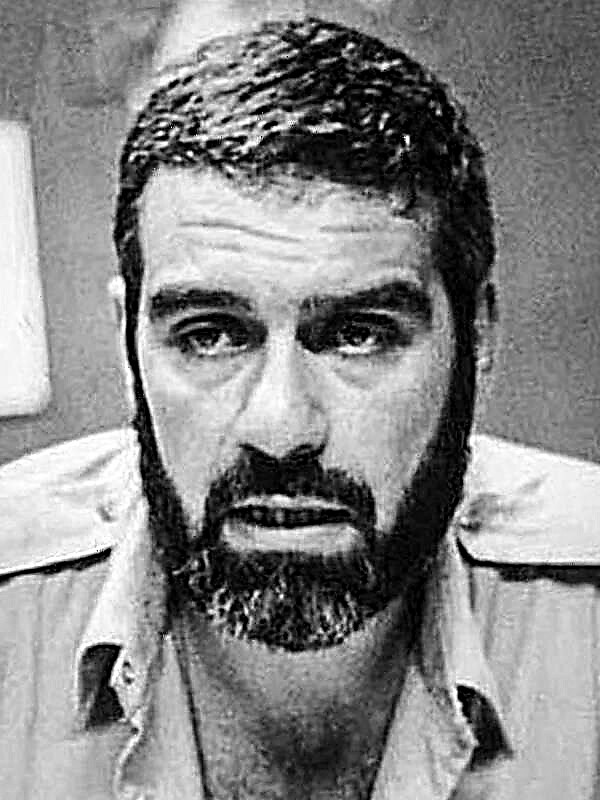
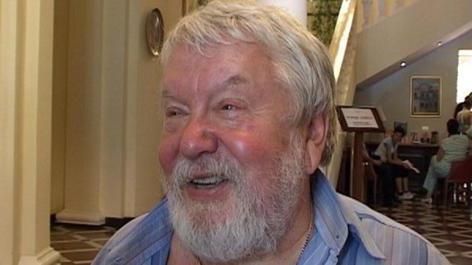
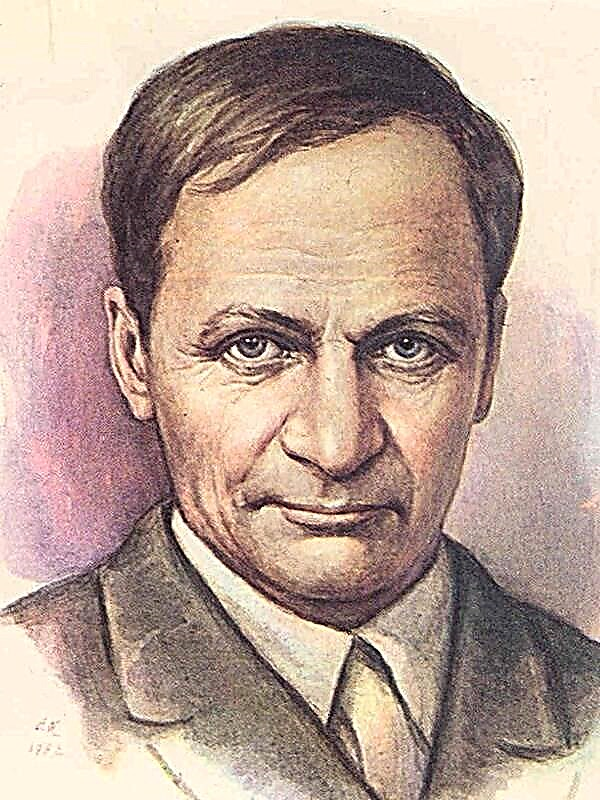

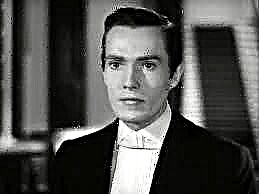
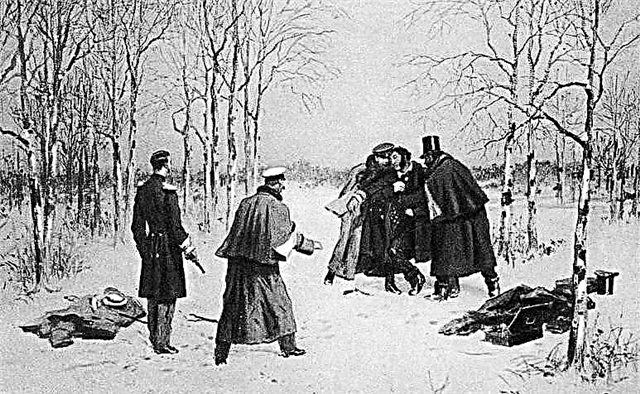
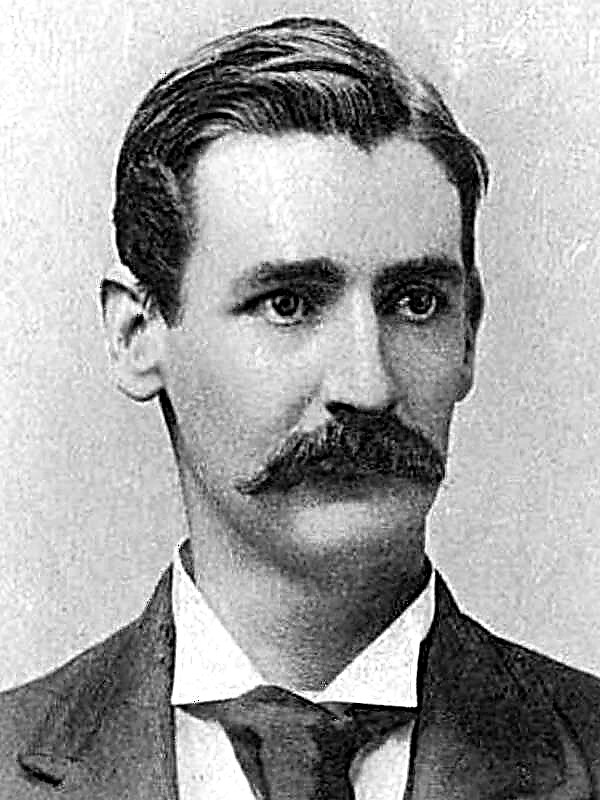
 Blue ocean strategy
Blue ocean strategy